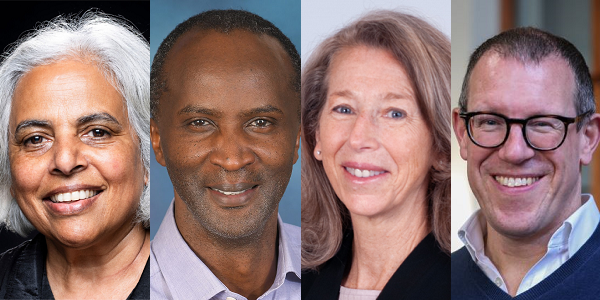Kitsap health board taps Duber as permanent health officer
Dr. Herbie Duber, a global health professor who became health officer for the Kitsap Public Health District on an interim basis in August, will continue to serve in the role going forward.
Duber appointed as KPHD’s new permanent health officer
The Kitsap Public Health District Board appointed Dr. Herbie Duber, a professor in the Departments of Emergency Medicine, Global Health, and Health Metric Sciences, as the agency’s permanent health officer at its Feb. 3 meeting.
Trump's exit from global climate treaty leaves U.S. without a voice in negotiations
In an executive order, Trump put an end to more than three decades of U.S. support for the United Nations Framework Convention on Climate Change, the world's long-standing climate treaty. Kristie Ebi, professor of global health and of environmental and occupational health sciences at the UW, is quoted.
Researchers receive major grant to study impact of HIV/ART exposure on child neurodevelopment
An international research team with Global WACh and partners in the U.S., Kenya, Zimbabwe, and Botswana received a five-year long $36 million dollar grant from the National Institute of Health to better understand how HIV or antiretroviral (ART) exposure in utero influences child health outcomes, including neurodevelopment.
Aluminum is crucial to vaccines - and safe. Why are CDC advisers debating it?
RFK Jr’s vaccine advisory panel will be discussing the inclusion of adjuvants in childhood vaccinations today. Here’s what’s at stake. Rhea Coler, an affiliate professor of global health at the UW, is quoted.
Dr. Keshet Ronen receives award to assess inclusion in digital community health services in Kenya
Congratulations to Dr. Keshet Ronen, Assistant Professor in Global Health, for receiving funding for “Empowering Women through Digital Connectivity: Advancing Community Health in Kenya” that leverages the ongoing CHV-NEO (Community-based digital communication to support neonatal health) trial activities.


